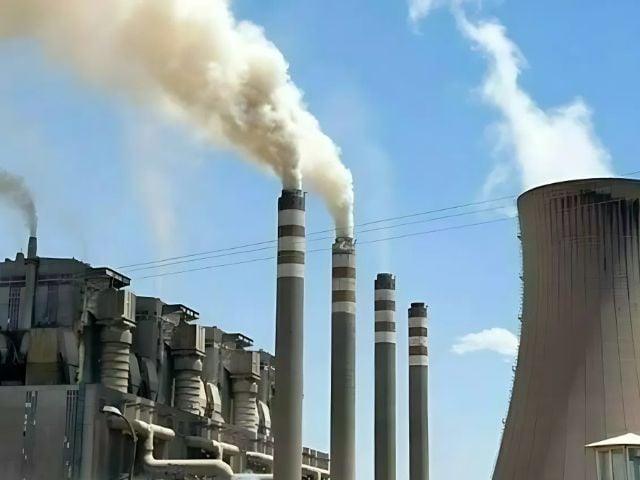The federal government has made a key decision to meet another important condition set by the International Monetary Fund (IMF), by agreeing to impose a tax on captive power plants before the release of the next tranche of financing.
According to sources, the government has made preparations to implement this tax on captive power plants, which will be implemented gradually to avoid a significant reduction in gas supply to these plants.
Sources indicated that the IMF has shown flexibility on the issue of gas cuts to captive power plants, and the tax will be introduced before the next IMF tranche is disbursed.
In the first phase, a 5% tax on gas supplied to captive power plants could be implemented in January, while in the second phase the tax could rise to 10%.
Sources further revealed that the price of gas supplied to the captive industry will be aligned with LNG prices. The imposition of this tax is aimed at eliminating the disparity between captive power plants and other industries.
The IMF has expressed concern over different electricity tariffs for captive and non-captive industries.
Meanwhile, the Pakistan Stock Exchange (PSX) saw a significant drop today, with the KSE-100 index losing 1,840.96 points, or 1.58%, to the current index at 114,414.16 during intraday trading.
The index reached a high of 116,843.41 points during the day, but ultimately failed to maintain its upward momentum, falling to a low of 114,414.16 points at the end of trading.
Despite the negative movement in the index, trading activity remained high, with 184,728,288 shares exchanged, generating a turnover value of approximately PKR 14.77 billion.
The PSX’s previous close was recorded at 116,255.12 points, reflecting a substantial drop in market performance during the intraday.
Earlier, Prime Minister Shehbaz Sharif announced that the United Arab Emirates (UAE) has agreed to renew a $2 billion loan deposit, offering significant fiscal relief to Pakistan.
Chairing a cabinet meeting, the prime minister shared details of his recent meeting with UAE President Sheikh Mohamed bin Zayed Al Nahyan, which took place in Rahim Yar Khan.
Prime Minister Shehbaz stated that the UAE leader proposed extending the repayment of the $2 billion loan due in January, a gesture aimed at supporting Pakistan’s economic stability.
“He [UAE president] He happily informed me that the United Arab Emirates was going to extend the $2 billion that Pakistan owed in January. He himself proposed it and immediately issued directives,” said Chief Minister Shehbaz.




